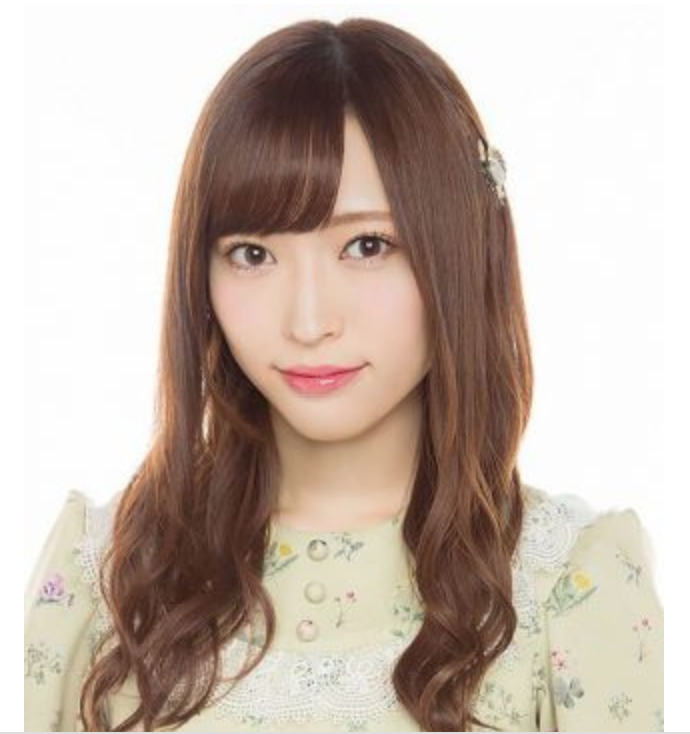MeToo in Japan
Has the MeToo movement reached Japan? At first glance, from an outsider’s perspective, the answer would probably be no. However, although the small steps that Japan is taking may seem minute in comparison to other countries, the pace of change is in fact monumental.
At popular idol group NGT48’s third anniversary concert, one of the members, Maho Yamaguchi, apologised in front of her fans stating that she was “truly sorry” for “causing trouble”. From this information alone, you might hazard a guess as to what terrible thing Yamaguchi could possibly have done to feel the need to make such a sincere public apology. When the headlines broke it became clear that Yamaguchi’s apology was for being sexually assaulted outside her own home. Many, including myself were naturally outraged. In the age of MeToo surely no woman should be expected to go through this. The wording of the headlines made it seem that Yamaguchi did not stand up for herself when in fact she did. Before her apology, she did a live stream in which she openly spoke out about the assault and condemned it. She made it clear that she was not to blame for the assault and criticised the group’s managers. In the idol industry, idols are expected to remain positive of their agencies and follow strict rules about speaking out against them. Though this is an outdated practice in entertainment when surely the artists should come first, Yamaguchi’s situation epitomises the way women’s voices are often silenced by power. Instead of feeling sorry for her, we should be respecting and celebrating her for being brave enough to speak up for herself in such a pressurised industry. We should recognise Yamaguchi as another brave woman in the MeToo movement.
The above provided me with some serious food for thought as to why victims themselves are made to feel guilty. Back in 2018 the BBC documentary “Japan’s Secret Shame”, followed the story of Shiori Ito, on her journey to prosecute the high-ranking journalist, who she alleged had raped her. The documentary highlighted why many victims are denied a voice and are blamed for their assaults. As well as this, it shone a light on the entrenched social and political issues surrounding victims of rape and assault. For example: MP Sugita Mio, who has been outspoken on her conservative views on homosexuality and women’s gender roles, stated that “with this case there were clear errors on her (Shiori’s) part as a woman.” With women like Mio in places of power, it is clear why many victims feel isolated in Japanese society and may cause some in the West to question what, if any, impact the MeToo movement could have in Japan. However, views like this are becoming more and more outdated as the MeToo movement gathers pace. Now more than ever, people are recognising the movement and actively supporting it. Tokyo now has its own annual women’s march in which many people turn out in support of the MeToo or WeToo (as it is sometimes called in Japan) movements.
Any fans of Japanese entertainment will know how casually sexual assaults are often played out on TV and in the media. Memorably, in the Watamote anime the protagonist Tomoko expressed her desire to be assaulted on a train as her high school classmates had. “Chikan”, as it is known in Japan, is extremely common in the daily lives of high school girls. So much so it is often dismissed as part of life and is very rarely reported to the police. Even in children’s anime, molestation is commonly portrayed as comedic often in the form of up-skirting and groping. Even more worryingly, scenes that depict rapes as fantasy are popular in adult anime. These casual norms are detrimental to the MeToo movement. It is becoming second nature for us in the West to criticise this kind of entertainment at home. However, when we actively accept it in another culture as part of its “eccentricity”, are we not adding to the problem? Adult magazines have for many years been a staple in convenience stores across Japan. Displayed for all to see, their often-graphic front covers depict young girls as sexual objects. Fortunately, the Seven Eleven and Lawson convenience store chains have decided that before the Rugby World Cup and Tokyo Olympics they will remove them from sale. This is surely proof big retailers are taking a step in the right direction.
Although there is a long way to go, Japan like the rest of the world has begun its journey for change. Women are beginning to find their voices and becoming more empowered to speak out. Just because you can’t hear them doesn’t mean they are not shouting.

